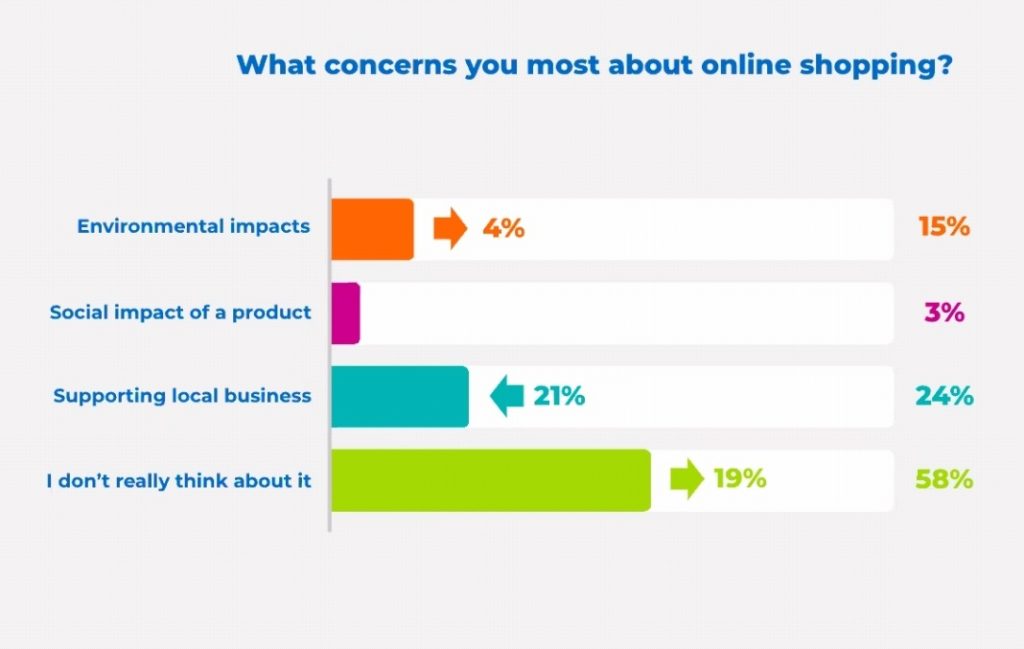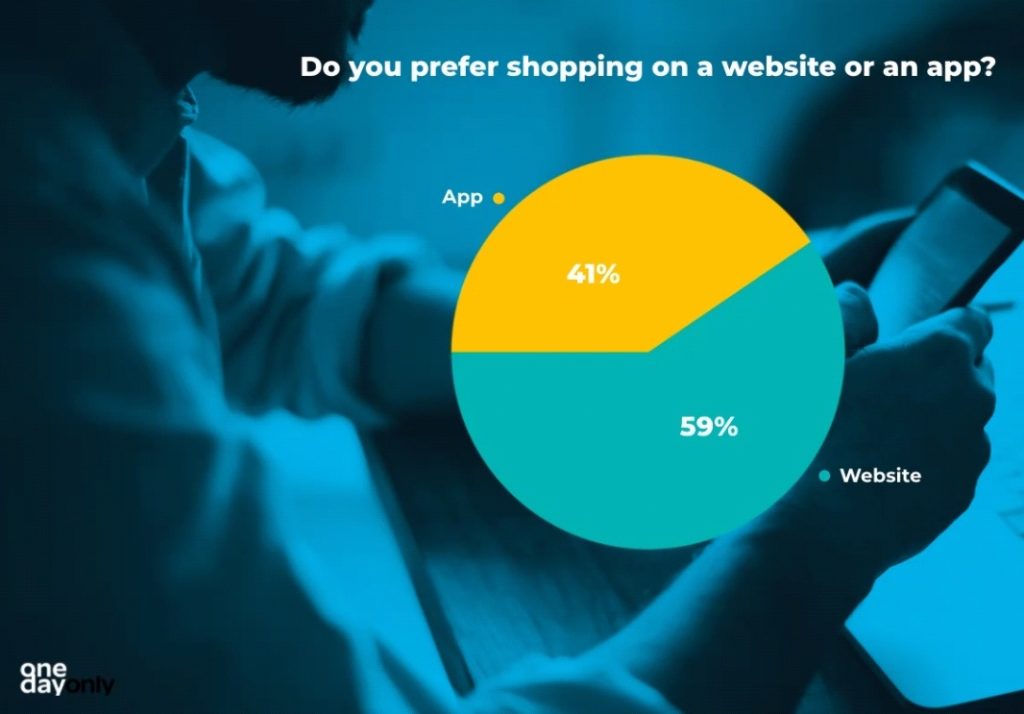Latest OneDayOnly ODOmeter index has made some startling findings; younger South Africans are shopping less online, while senior consumers are said to be embracing ecommerce more amidst the ongoing coronavirus crisis.
The survey found that the vast majority of online shoppers, who fall between the ages of 25 to 34 year was down 4% from the last ODOmeter, while the 35 to 44 and 45 to 54 age brackets are up 2% respectively.
“Although this may look like the younger age group is shopping less, it is possible that this could be linked to the effects of the long-term lockdown, and an indicator of the 35 – 54 year old bracket becoming more comfortable with making more frequent purchases online,” said Laurian Venter, director at OneDayOnly.

The reveal comes a year after OneDayOnly introduced its first ever index, ODOmeter in 2020, which was at the time focused on identifying areas the business was falling short and focusing on more of what the customer wanted from the e-tailer.
The survey was also used to gauge emerging online shopping trends and areas of the online consumer journey they could address to improve the user experience.
This time around, it involved over 9,000 respondents, (almost double from last year) and was varied between active online shoppers, infrequent online shoppers and non-shoppers.
Convenience, security as catalysts for ecommerce retail
When looking at the time spent online, more than a third said they spend more than 3 hours a day on the internet, with many citing convenience as the catalyst convenience when it comes to online shopping.

In terms of how often people shop online the survey indicated that most customers were returning to shop between once a week and once a month, which is up 3% from last year, with nearly two thirds of the group falling into these brackets.
Speaking at the event, Jessica van der Westhuyzen, digital and performance marketing manager at OneDayOnly explained that 50% of the respondents identified security trust as the main detractor from shopping online.
“This shows the importance of continually educating new users on the level of compliance and governance our business undertakes with our secure payment options and why we have the variation of payment platforms available to our customers. It also helps us evolve our FAQs and infotainment strategies that make it easy for our customers to engage with and have conversations with us.”
The same sentiments were reflected in a recent report by PwC titled ‘Achieving Total Retail: Consumer Expectations Driving the Next Retail Business Model‘.
The report found that South African consumers are looking for a full slate of shopping options, and that includes not only convenient online shopping, easy-to-use mobile sites or apps but that convenient websites physical stores still offer consumers a tangible experience. At the heart of it that e-tailers need to adapt in order to compete.

Covid-19 lockdown leads to rise in online shopping
According to dataportal.com, the number of internet users in South Africa has increased by 1.7 million (+4.5%) between 2020 and 2021. Van der Westhuyzen said that interestingly, 60% of people prefer to shop using their mobile phones. This came as a surprise to the team as when asked which platform the respondents preferred shopping from, websites were favoured over apps and while visits are higher on mobile, transactions are taking place on desktop.
“Desktop preference currently sits at 36%, with only 4% of people stating that shopping off a tablet is their preference,” she added.
Last year 68% of respondents had shopped online before the onset of the pandemic, with the consensus of lockdown leading to the marked rise in online shopping behaviour.

Now that lockdown levels have lifted, of the 2021 respondents 33% are still primarily shopping online while the majority (61%) are splitting their shopping between online and in store.
Only 6% have recommenced shopping predominantly in store. This will also be an interesting trend to keep an eye on in upcoming ODOmeter indices to monitor the shift in future online shopping behaviours.
Product categories that are being shopped for most often are tech at 41%, fashion at 39% and appliances at 32% which make up the Top 3 categories. “What surprised us though was that alcohol only drew a 25% response whereas we saw a significant spike in online sales both during and after the booze ban. This indicates potential growth opportunity in online alcohol sales,” said Van der Westhuyzen.
For more information or to have a look at the latest ODOmeter presentation, click here.


